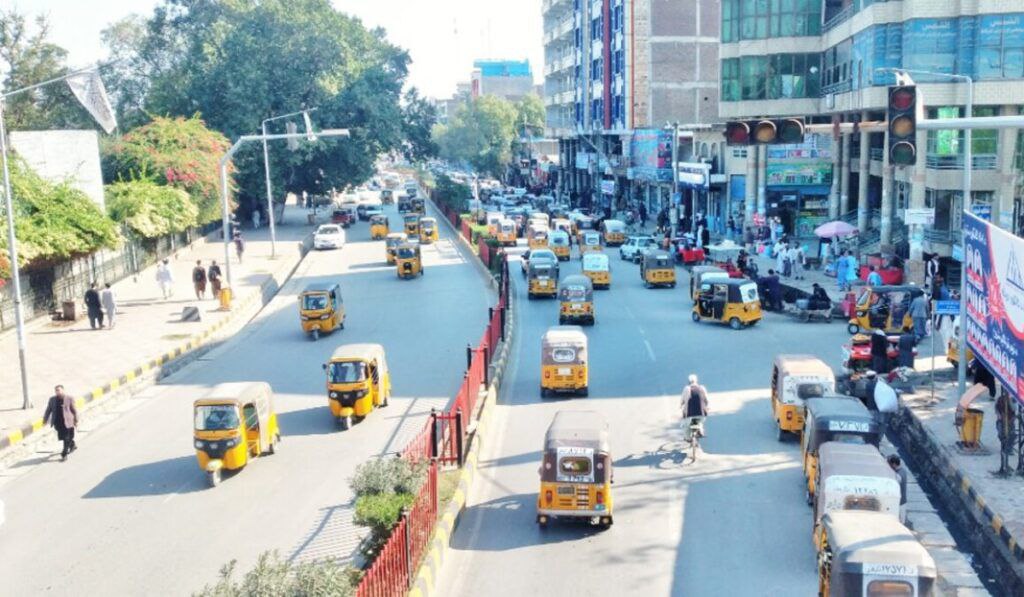ISIS-K, the Daesh affiliate in Afghanistan, claimed responsibility on Friday for a deadly explosion in the Dara-e Noor district of Nangarhar Province, Afghanistan.
The blast, which killed six people, including madrassa students, also left five others wounded. Among the dead, ISIS-K claimed, were four members of the Taliban, the group now governing Afghanistan.
Taliban officials in Nangarhar initially attributed the explosion to a landmine they said had been planted long ago. The Taliban, which has been grappling with persistent threats from ISIS-K, has downplayed the group’s influence, asserting that it has been largely suppressed.
The attack is the latest in a series of assaults that ISIS-K has carried out across Taliban-controlled Afghanistan, stretching from Kabul to Kandahar, and including provinces such as Badakhshan, Herat, Baghlan, and Balkh. The group, which has sought to destabilize Taliban rule, continues to assert its presence despite claims by the Taliban that it has been contained.
According to a United Nations report, between August 2022 and June 2024, Afghanistan experienced 15,865 attacks, with ISIS-K claiming responsibility for 361 of them. These attacks resulted in the deaths of 1,182 civilians and injuries to 2,904 others. The report also highlighted that over 20 terrorist groups, including Al-Qaeda, the East Turkestan Islamic Movement, and the Pakistani Taliban (TTP), are currently active in Afghanistan under Taliban rule.
The Pentagon, however, maintains that the Taliban is not a partner in the U.S.-led coalition to defeat ISIS. Speaking at a press briefing on Thursday, Pentagon Deputy Press Secretary Sabrina Singh emphasized that the U.S. continues to work with “like-minded partners and allies” in the global effort to combat ISIS. “The Taliban is not part of that coalition,” Singh stated.
While the Taliban acknowledges the presence of ISIS-K in Afghanistan, it insists that the group’s threat has been significantly diminished. However, ISIS-K’s ability to carry out attacks within Afghanistan and in neighboring countries such as Iran, Russia, and Pakistan suggests that the group remains a formidable challenge for the Taliban’s nascent government.





